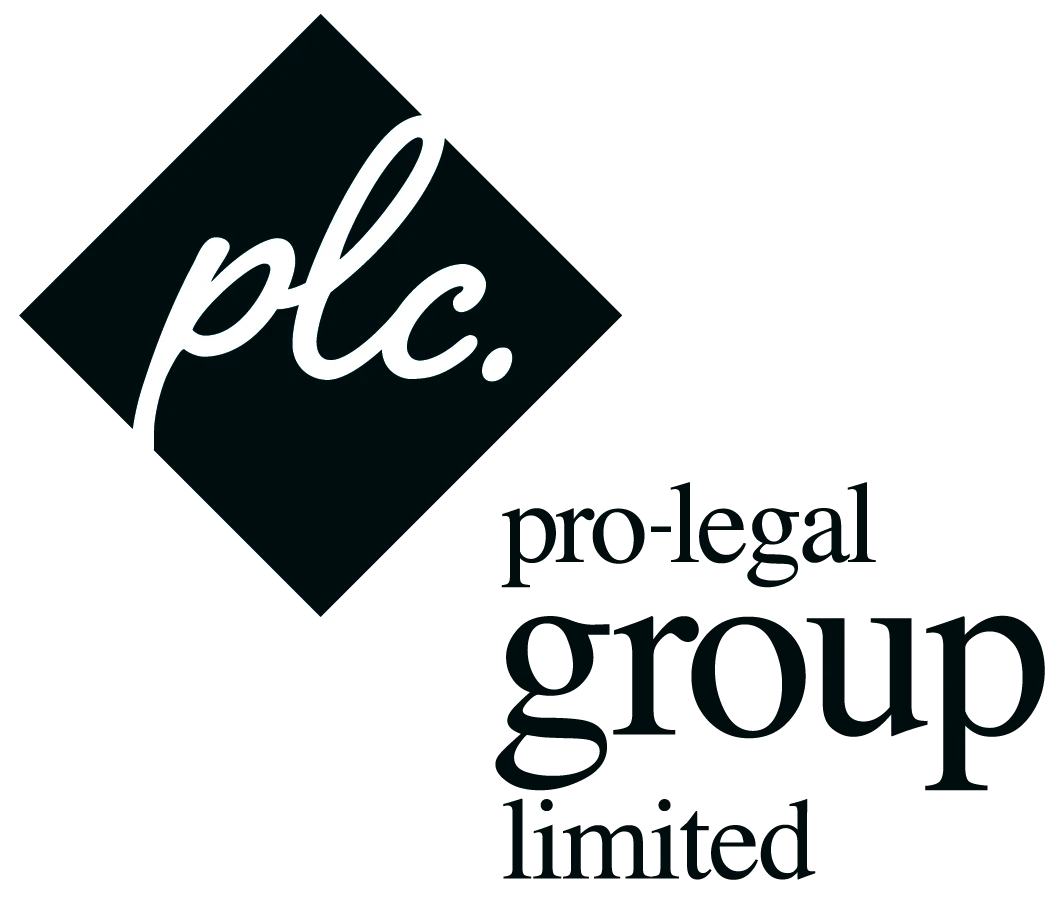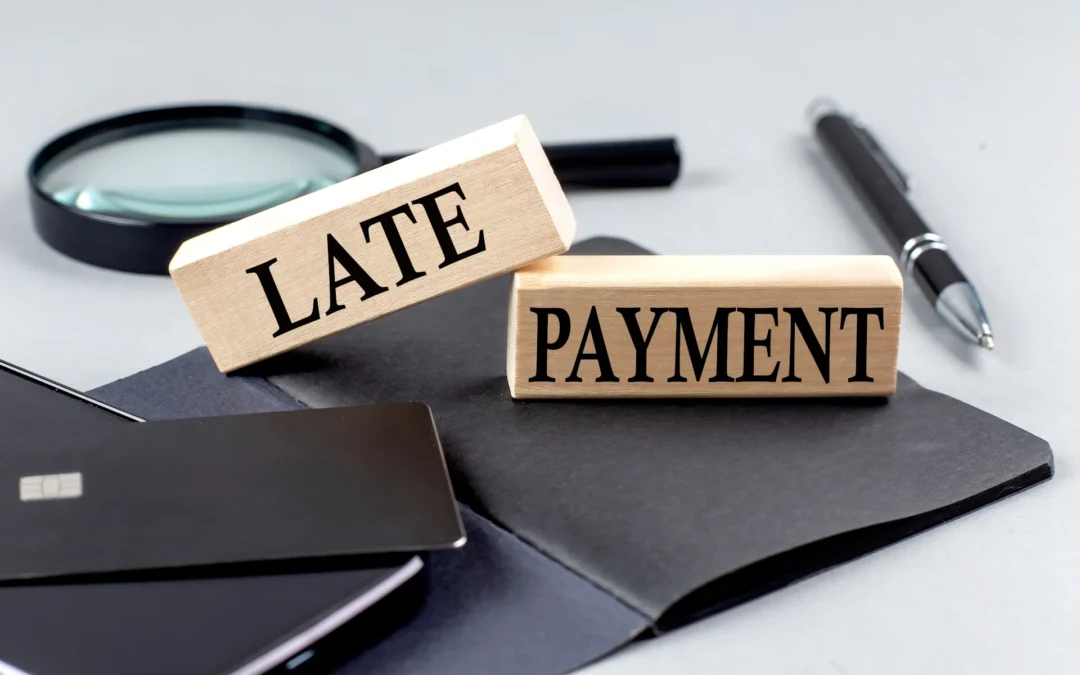With the increased use of debit cards and chip and pin technology, the humble cheque is being accepted by fewer and fewer retail outlets as a means of payment. It remains, however, a popular method of payment for business. Cheques are written orders from account holders, instructing their banks to pay specified sums of money to named beneficiaries. They are not legal tender but are legal documents and their use is governed by several Acts of Parliament. The law relating to cheques has remained in force and relatively unchanged since the passing of the Bills of Exchange Act 1882. The Cheques Act 1957 and 1992 have slightly amended the Bills of Exchange Act 1882, which remains otherwise fully intact. The introduction of the 1882 Act sets out the law that had previously been developed by the Courts of Exchequer in over 2,500 cases since the Industrial Revolution.
Read on as we take a closer look at exactly what a cheque is and how it may be of benefit to your business.
A cheque is a promise of payment by a specified bank for a sum on a date. If the cheque is not honoured upon presentation, for whatever reason, the debt will be honoured if it is not discharged. Therefore, once you have a cheque received, the chances of having a claim defended can only be defended in a few limited ways:
1.Duress:
The person signing the cheque is made to do so because of unlawful pressure, brought to bear against them. The law relating to duress, which has developed largely through the courts on a case-by-case basis makes the burden of proof very difficult for the person alleging duress and it is quite rare for this to succeed unless good cause can be shown.
2. Fraud:
The person who signed the cheque was not the signatory or the person purported to be. Again, the person who wishes to rely on the defence faces a difficult task in proving their claim as the evidential burden is once again high.
3. Failure of consideration:
This means that no bargain is given in return for the cheque. Providing there is some consideration, however small, then this defence will fail as the courts are not there to determine whether you have got a good deal, but just to determine whether there was sufficient consideration.
4. In respect of an illegal contract:
A contract which is illegal to enter into and, therefore, unenforceable. Once you have received the cheque, the chances of not receiving payment are relatively small as this is an unequivocal promise to pay.
A further problem for the party who dishonours is when they dishonour a cheque for over the insolvency limit (£750 for companies, £5,000 for individuals), where the cheque is marked “refer to drawer” as there are insufficient funds in the account. This, therefore, gives the creditor (the person to whom the cheque is made payable to) the legal right to present a winding-up petition, if against the company, or a bankruptcy petition, if against an individual or sole trader, as they have an inability to pay their debts as set out in Sections 123/222 of the Insolvency Act 1986. The cheque must be for more than the insolvency limit for a petition to be presented and creditors can join their debts together to reach this threshold. Where there is a dishonoured cheque over the limit, the need for a statutory demand is extinguished. Interestingly, the law relating to dishonoured cheques now applies to dishonoured direct debits and, therefore, providing a direct debit is a promise to pay in the same way that a cheque is. This was confirmed by the Court of Appeal in the case of Esso Petroleum Co. Limited v Milton [1997].
Nowadays, it is also common practice to have a cheque supported by a cheque guarantee card. This can also strengthen your position as the bank is obliged to honour the cheque up to the value of the cheque guarantee card, whatever happens. The bank is only obliged to pay you once you have complied with the following conditions:
- That the cheque was from a pre-printed chequebook.
- That the cheque was signed in your presence.
- The transaction occurred before expiry of the cheque guarantee card.
- The details of the card, card number, expiry date etc., must be written on the back of the cheque.
- The amount of the cheque must not exceed the total of the cheque guarantee card.
Where you have, for example, a £100 cheque guarantee card limit and you have a transaction worth £200, multiple cheques cannot be guaranteed by the bank in the same transaction and, therefore, you are only protected up to the value of the first cheque as the bank is not obliged to pay beyond this value. A point to note, you should be careful to ensure that you carefully check the level of the cheque guarantee card.
The use of cheques and direct debits offers the seller greater protection if they are used in the appropriate way.
So, what should you do if a cheque has been dishonoured?
Upon receiving the notification from your bank of a dishonoured cheque, you should immediately contact the provider of the bounced cheque with notice of dishonour, pursuant to Section 48 of the Bills of Exchange Act 1882. Once notice of dishonour has been provided, and a reasonable time has elapsed, you then have the option of whether to issue Court proceedings, followed by an application for summary judgment, or as outlined above you can issue a petition if you believe the debtor is insolvent. Legal costs are only recoverable, save for fixed legal costs as specified by the court, where the sum outstanding is £10,000 or more.
We recommend you contact us for specialist legal advice as this article is written for information only and should not be used as a substitute for substantial advice on the facts of your case.
Dated: 29 August 2020
*Nothing in this article constitutes legal advice or gives rise to an advisor/client relationship. Specialist legal advice should be taken in relation to your specific circumstances. This article is provided for general information purposes only. Whilst we endeavor to ensure that the information is correct, no warranty, express or implied, is given as to its accuracy and we do not accept any liability for error or omission as it is based upon our interpretation of the law. Please be aware that the legal circumstances may have changed since this article was first published in August 2020 and you should contact us for specific up to date advice on your circumstances.




